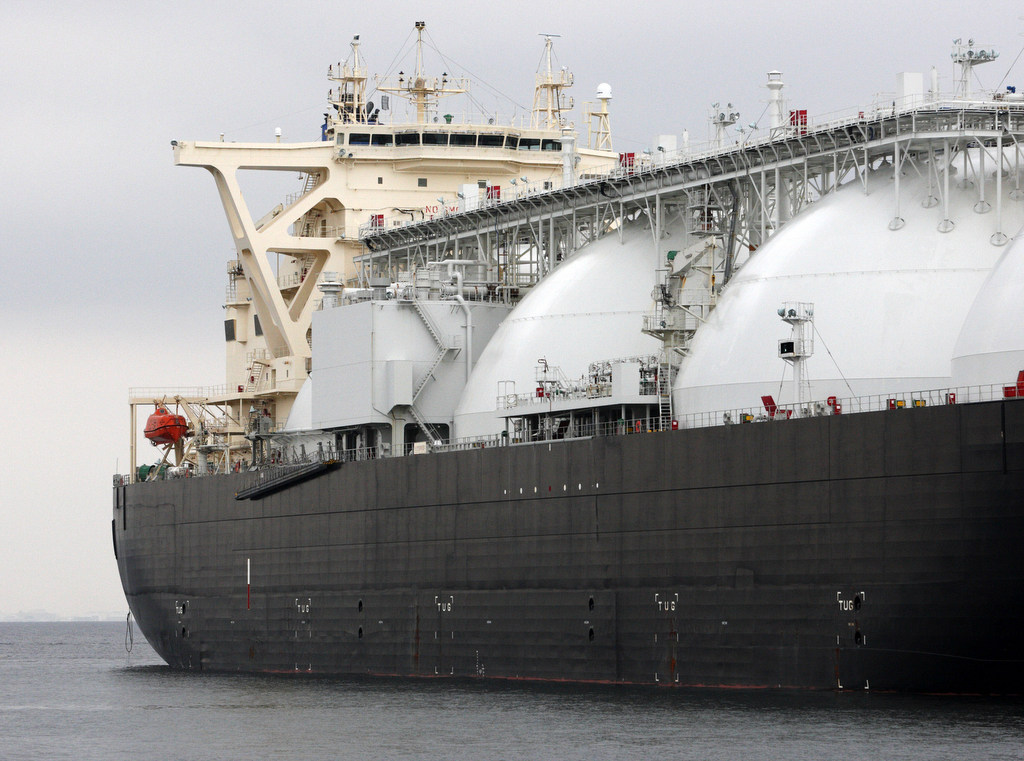Global LNG demand will likely reach 280 mT per year, largest since 2011

Global Liquefied Natural Gas (LNG) demand will likely reach 280 million tonnes per annum (MMTPA) in 2017, the largest year-on-year growth since 2011, Bloomberg News Energy Finance said in its latest research report on global LNG outlook.
According to the report, the surge is driven by uncertainty of nuclear power generation in Northeast Asia, energy market reforms and concerns on air pollution in China and higher capacity in major exporting regions.
The increase in demand is despite disruptions, including Qatar’s rift with Saudi Arabia, demands for export curbs in Eastern Australia and falling demand in Latin America.
The report noted that consumption will continue to rise despite an overall fall in cumulative demand of the world’s largest importing countries including Japan, South Korea and Taiwan.
Ashish Sethia, global head of LNG analysis said: “Asia will continue to be the center of gravity for the world’s LNG demand, importing over 70 per cent of the fuel until 2030. However, from 2025, China, India & ASEAN (Southeast Asia) together will import more LNG than Japan, Korea and Taiwan combined.”
The report highlights that LNG will continue to reach new markets as prices remain low, while floating storage and re-gasification technology makes it easier for new countries to set-up low cost import infrastructure.
By 2022, 20 per cent of global LNG import capacity will be from floating storage and regasification terminals, which are faster to deploy, and this will help unlock demand in many new markets,” said Maggie Kuang, head of Asia Pacific LNG analysis and lead author of the report.
European LNG imports are expected to expand in the long-term and cross 100 MMTPA by 2030. “European LNG imports will double by the late 2020s, as declines in indigenous production open up opportunities for Russian pipeline exports and LNG,” stated John Twomey, head of European gas analysis.
However, the sustained growth in demand is not expected to result in surging prices as the forecast for LNG supply is higher until 2024 driven by significant build-out of export capacity in the U.S. and Australia.
Anastacia Dialynas, lead LNG analyst, Americas at BNEF said: “Over 20 per cent or 146 MMTPA of proposed LNG export capacity across North America has got all the necessary government approvals. The Trump administration is supporting the LNG export industry further. But projects are said to be affected by lack of buyers’ interest to commit to long-term contracts is also making it difficult to build and finance export projects. Moreover, new U.S. LNG exporters will not only compete with established players like international oil companies but with traditional buyers as well. These traditional buyers are emerging as portfolio players, as a growing number of their purchase contracts allow them to divert and resell LNG cargoes.









0 Comments